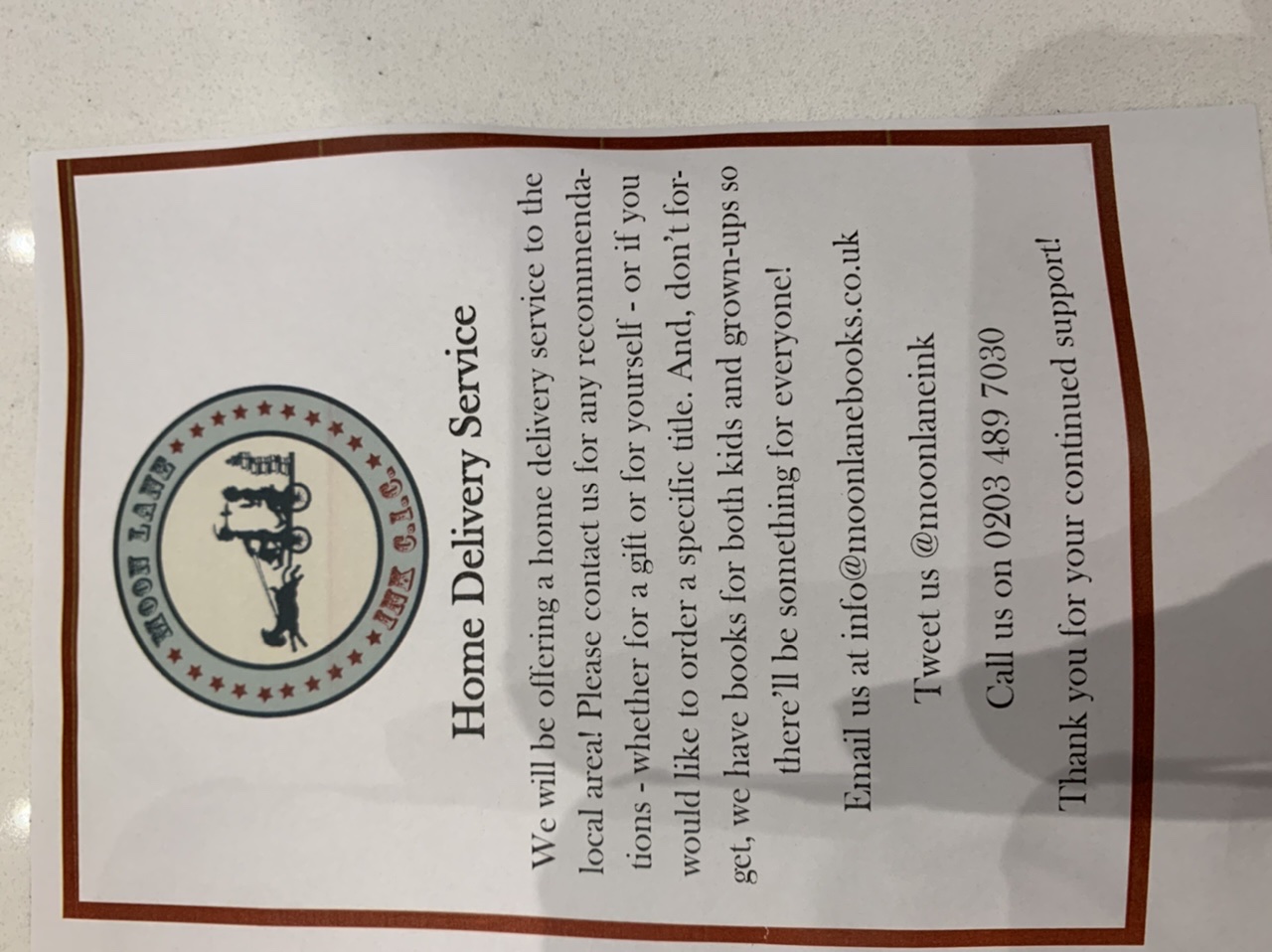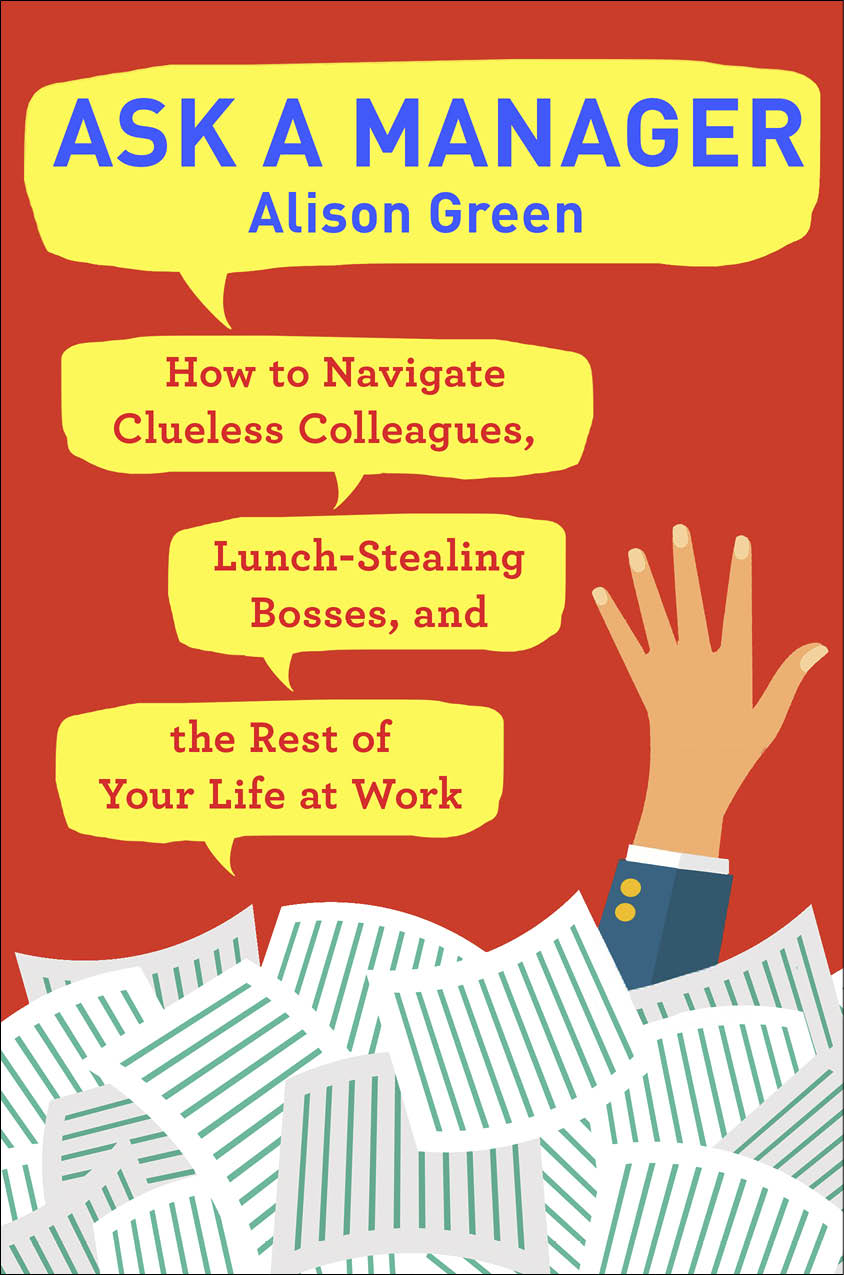- I'm not even 18 so maybe you think of me as a 'kid' but I'm not surprised you think like that. I'm surprised some 20 somethings even care abt talking to ppl way younger than them like me.
- The Learning Network. Student opinion What Would You Do First if You Were the New President? On Wednesday, Joseph R. Will be sworn in as the 46th president of the United States.
- Just click around! A great way to learn is to explore the forum, click on buttons, and see what they do. Discourse worked really hard to make it easy to the right thing (and hard to do the wrong thing). Tell us what you think. The Meta category was created to collect any feedback you have about the SketchUp Forum platform. Please post your.

The new European data protection law requires us to inform you of the following before you use our website: 6 ways to successfully run your home based businesses.
So Kids What Do You Think Of The New Forum Chevy
We use cookies and other technologies to customize your experience, perform analytics and deliver personalized advertising on our sites, apps and newsletters and across the Internet based on your interests. By clicking “I agree” below, you consent to the use by us and our third-party partners of cookies and data gathered from your use of our platforms. See our Privacy Policy and Third Party Partners to learn more about the use of data and your rights. You also agree to our Terms of Service.
Little kids believe the darnedest things. For example, that a fat man in a red suit flies through the air on a sleigh pulled by reindeer. A new study on three-year-olds, published in Psychological Science, a journal of the Association for Psychological Science, finds that they aren’t just generally trusting. They’re particularly trusting of things people say to them.
Sixth: the essential questionmr. macs virtual existence. A virtual router C 1 has virtual routers B 1 and B 2 as its backups. Since C 1 has a virtual link connecting it to another router, N 1, a virtual link with the same bandwidth reservation (depicted as 1 in the figure) is also established between each backup node and N 1 in order to preserve the connectivity of the original router.
Previous research has found that three-year-olds are a credulous bunch; they believe most things they’re told, and skepticism doesn’t kick in until later. Vikram K. Jaswal, of the University of Virginia, wanted to look more closely at trust in three-year-olds. Through his work on how young children learn language, he became interested in what they do with what they hear. “Why are they so willing to accept somebody else’s word, for example, that an eel is a fish, when it looks so much like a snake?” he asks. For this study, he and his students, A. Carrington Croft, Alison R. Setia, and Caitlin A. Cole, asked whether three-year-olds are more trusting of information they are told than the same information conveyed to them without words.
So Kids What Do You Think Of The New Forum For A
And here’s the real kicker: Did you WANT 5 kids.” (Often asked right in front of the kids, thank you very much oh and the answer is YES!) These are just some of the comments. I’m sure I could think of others. When someone chooses to do something out of the ordinary in this world of ours, others’ curiosity is provoked.
In one experiment, an adult showed children a red and a yellow cup, then hid a sticker under the red one. With some children, she claimed (incorrectly) that the sticker was under the yellow cup; with other children, she placed an arrow on the yellow cup without saying anything. The children were given the chance to search under one of the cups and allowed to keep the sticker if they found it. This game was repeated eight times (with pairs of differently colored cups).
The children who saw the adult put the arrow on the incorrect cup quickly figured out that they shouldn’t believe her. But the kids who heard the adult say the sticker was under a particular cup continued to take her word for where it was. Of those 16 children, nine never once found the sticker. Even when the adult had already misled them seven times in a row, on the eighth chance, they still looked under the cup where she said the sticker was. (At the end of the study, the children were given all the stickers whether or not they’d found any of them.)

“Children have developed a specific bias to believe what they’re told,” says Jaswal. “It’s sort of a short cut to keep them from having to evaluate what people say. It’s useful because most of the time parents and caregivers tell children things that they believe to be true.” Of course, there are times when people do lie to children—about Santa Claus, for example, but also in less innocuous situations. Jaswal says it is useful to understand the specifics of children’s trusting natures—in this case, to understand that they believe what people tell them, but can be more skeptical about information delivered in other ways.
